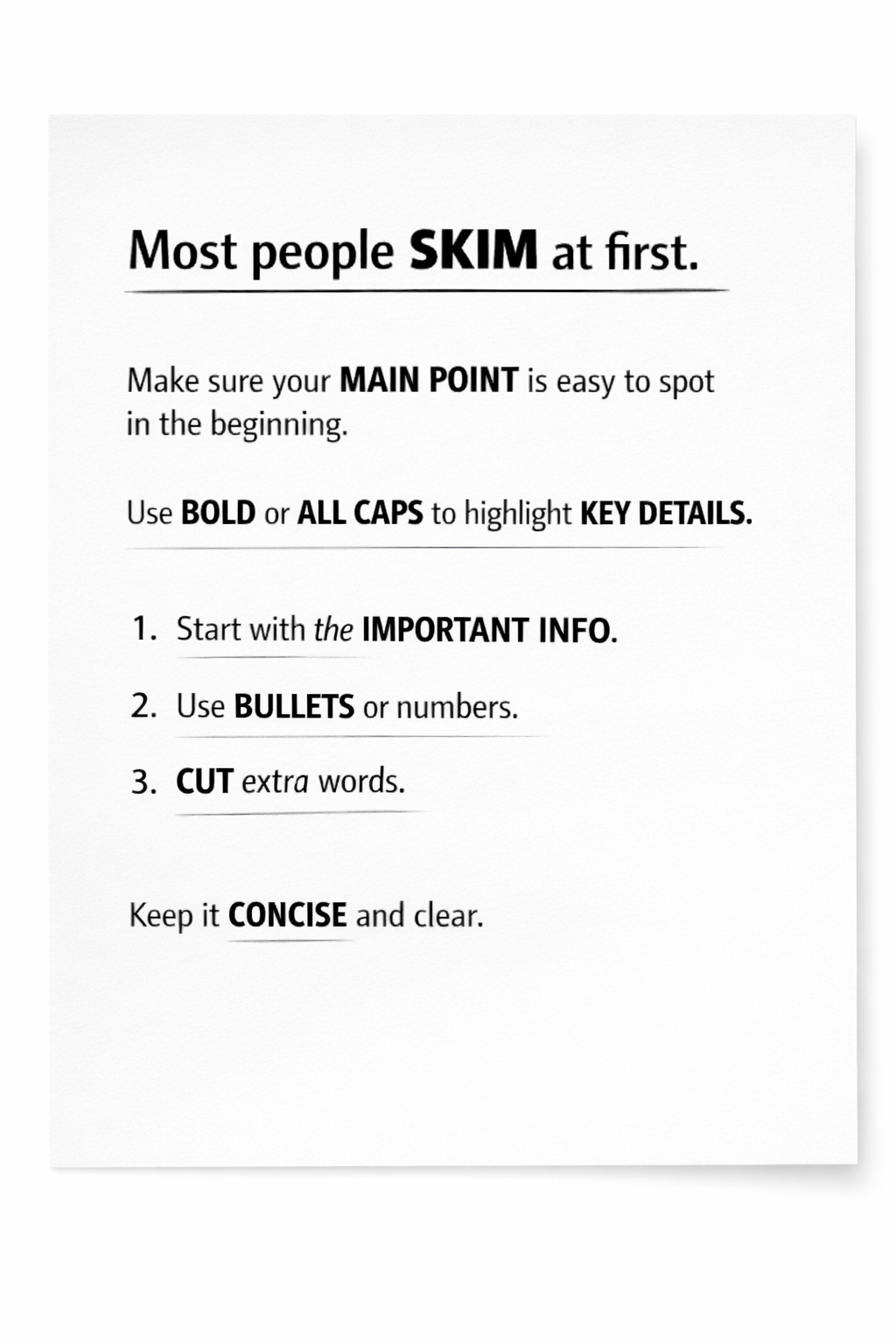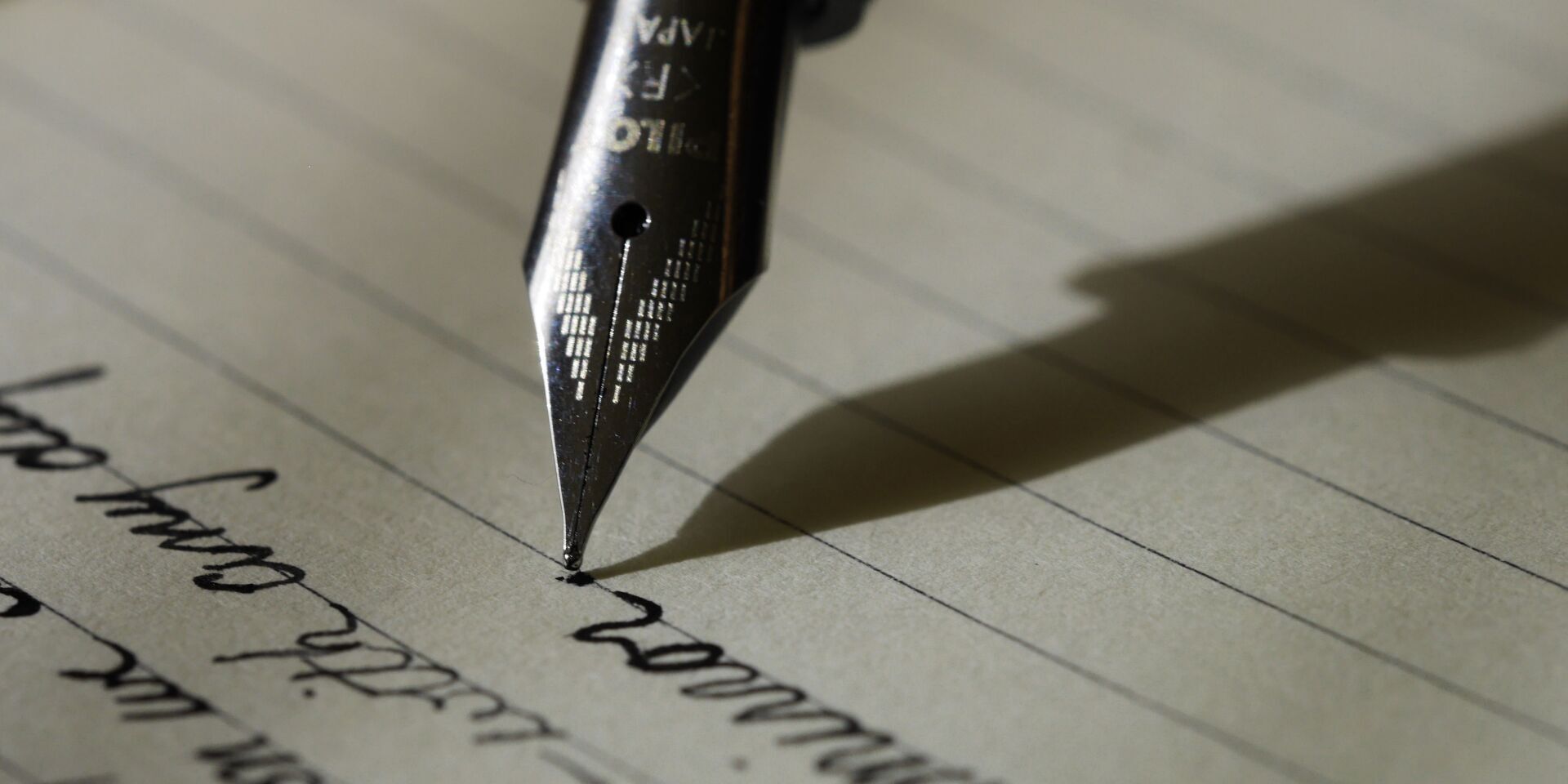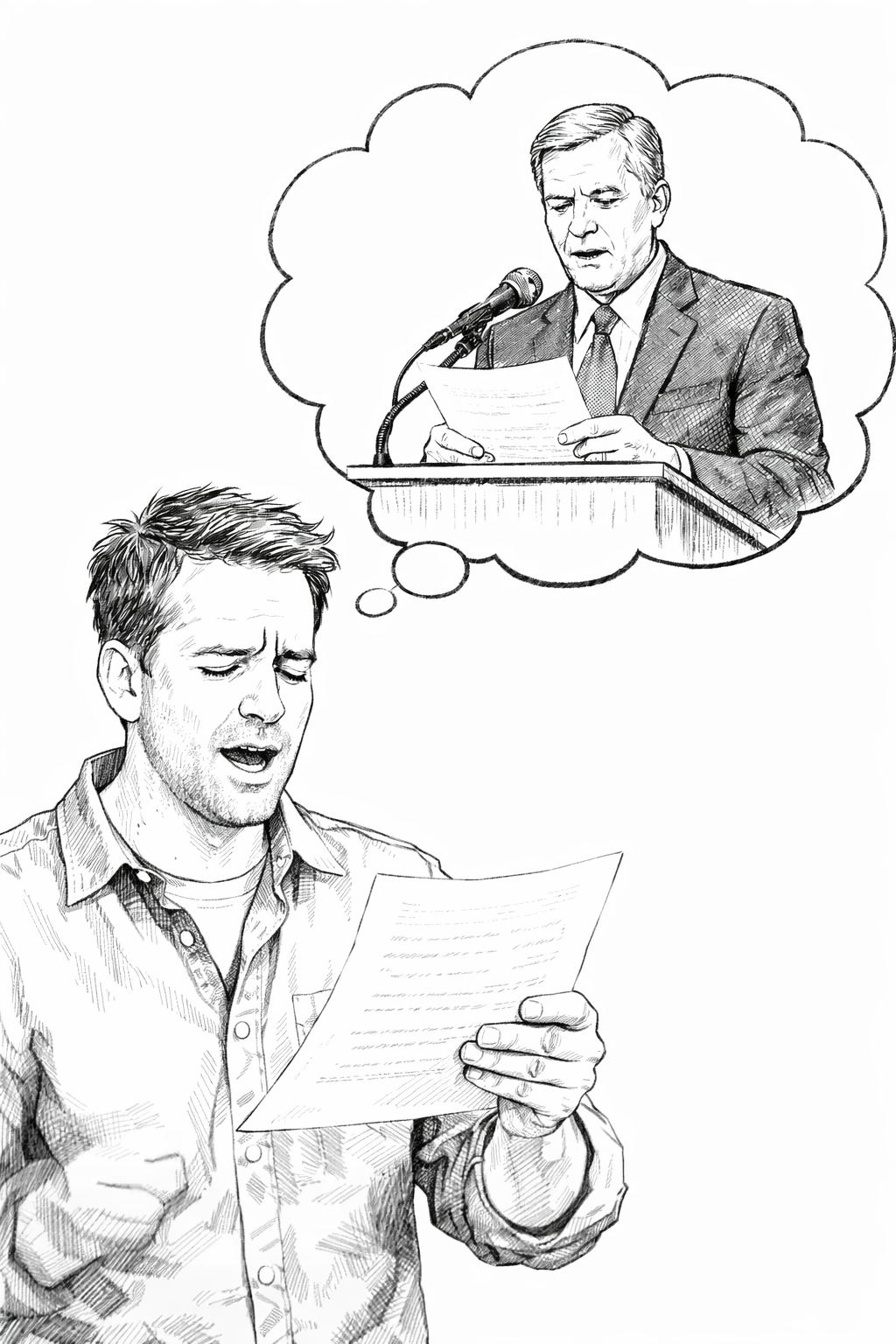Nib #18: Joe Biden’s *Pretty Good* Campus Chaos Speech
The Nib of the Week’s frequent criticism of President Joe Biden’s speeches belies the soft spot I’ll always have for the guy. So it was nice to see Ole Joe give a pretty good speech about the snarling “encampments” besetting America’s college campuses this Spring.
Let’s dive in.
The speech begins poorly, alas, with a muddled riff about “fundamental American principles” and some bush-league partisan preening about “authoritarianism” and “those who rush in to score political points.”
But then the tone shifts.
“Violent protest is not protected [by our Constitution]; peaceful protest is. It’s against the law when violence occurs.”
The language is a bit stilted there, but Biden soon hits his stride. In quick succession, he calls out:
“destroying property … vandalism, trespassing, breaking windows, shutting down campuses, forcing the cancellation of classes and graduations … threatening people, intimidating people, instilling fear.”
Note the hard, prosecutorial word choices.
Then, Biden goes even further, aligning himself with the students the encampments are harassing. Then, God love him, Biden goes there:
“There should be no place on any campus, no place in America for antisemitism or threats of violence against Jewish students… There is no place for racism in America. It’s all wrong. It’s un-American.”
Conservative readers may question why anyone should give the president credit for a belated and banal endorsement of basic justice and American political norms. But look more closely at what the president did here: he punched, effectively, to his left.
Biden’s biggest problems this election year are the public perceptions that (a) he is a bumbling incompetent in mental decline, and (b) he shares the woke extremism of the New Left.
This speech pushes back on both narratives. Biden energetically indicts the encampments’ criminal tactics and then outright condemns their motivating, anti-Semitic bigotry -- targeting the very voters Biden and Democrats need to win in November.
Theretofore, most elite Democrats had tried to thread various rhetorical needles on the encampments. “Criticizing Israel isn’t anti-Semitic!” “99% of the protesters are peaceful!” “Rioting is the language of the unheard!”
Biden, by contrast, shoves through the bothsidesism like a snowplow. Riots are bad, period. Anti-Semitism is bad, period. Shutting down colleges is bad, period.
No doubt some in the White House wanted more nuance, more “but of course…”, more attacks against Republicans or even — gulp — Israel. But those would have compromised the mission of the speech, which was to re-assert Biden’s membership in the United States of Normal, Everyday Americans.
Good on him — and whoever in the White House speech-approval process kept the text on the rails.
The lesson for young writers — when an issue arises enabling you to triangulate with 97% of the country against a tiny fringe of mouthy, racist criminals, be like Joe and don’t overthink it. Moral clarity still works.
Until next week… keep writing!











